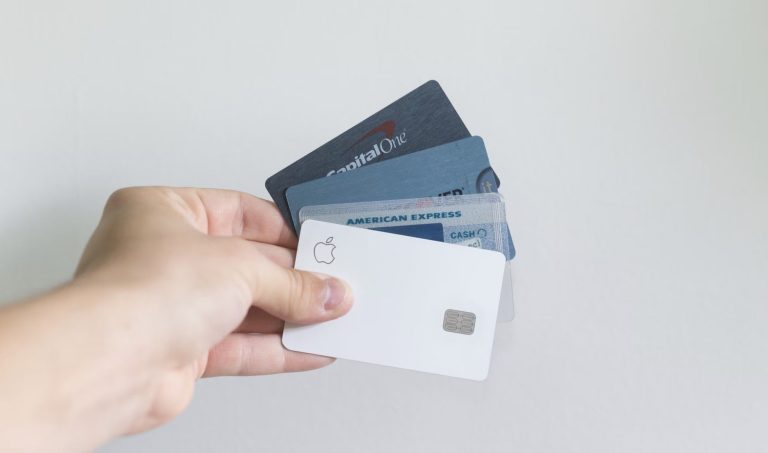It's a startling discovery from Ohio: confirmation from a major supermarket chain that credit card skimmers were embedded inside PIN pads in many of its stores.
According to WOIO-TV in Cleveland, Giant Eagle, the Midwest-based grocery company, announced Wednesday that four of its stores had been targeted in two metropolitan areas in Ohio.
Three of the stores were located in the Columbus area—one on N. High Street in Columbus itself, and the others on Biddulph Road in nearby Brooklyn and on Powell Road in Powell.
Two stores were in the Cleveland area, meanwhile: one on Snow Road in Parma, the other on Mayfield Road in South Euclid.
The first skimmer — which steals card information and possibly your PIN — was found on Nov. 3 at a Powell's store, according to WBNS-TV.
The chain then ordered the screening of PIN pads in all its other stores. According to police reporting on Cleveland.com, the Parma skimmer was discovered days later.
“On November 8, police were dispatched to Giant Eagle after an employee made a startling discovery at the Snow Road store,” the paper states. “An arriving officer spoke to the caller, who said a card skimmer had been installed at the register.
“There are no suspects. Police are investigating.”
Check your bank account if you shop at Giant Eagle. https://t.co/8kwwU6NUkh
– Cleveland 19 News (@cleveland19news) January 4, 2024
Fortunately, the damage may have been mitigated by the fact that the skimmers, as installed, could only steal information from customers who swiped their card, Giant Eagle said.
Customers who used their card or inserted the chip — who make up the majority of customers, according to the chain — should be safe. Furthermore, the chain said it has notified all affected banks and credit card providers.
However, it was not clear the exact number of customers affected. It was also not clear whether there were any suspects or leads in the attempt to steal credit card data.
Card skimming is nothing new, unfortunately. In April of 2022, a Texas woman named Nyshje Rattler caused a viral sensation on TikTok after she exposed skimmers at a local 7-Eleven store that “wiped out her bank account.”
@obsessedwithny You're not going to prison, you're going to PRISONNN #fyp #scammed ♬ Jersey Anniversary – Malcolm B
“The way you can tell” there's a skimmer on a machine is that the machine should be flat on the side, Rattler told NBC News.
“There shouldn't be any gaps. So I started comparing the two and the one on the right had a gap.
This led to her video going viral — and the legendary public service announcement:
Unfortunately, it's not that easy these days, said Alex Hamerstone, director of consulting solutions and security expert at TrustedSec.
“The newer devices actually go inside the hole, so it's almost impossible to see,” Hammerston told WOIO. “It would be really hard for anyone to find out.”
“In the old days, you were able to make credit cards using VCR tape and cardboard, right, you could encode a credit card directly onto the VCR tape,” Hammerston noted. “It's not complicated, especially with the old magnetic strips.”
As for how criminals obtain the devices? “There are actually people who will sell it to you or rent it to you in exchange for a share of the data that you can collect, so there's kind of a whole industry around them,” Hammerston said.
What to do if you are affected? “The best advice I can give anyone is credit cards, obviously read your cardholder agreement, but they have a lot more protections than a debit card, it is what it is,” Hammerston said.
“Even if you're able to get your money back on a debit card — which is often fraudulent — if you think about the average consumer, the average person, if you lose all the money in your checking account for two or three weeks and he points out that it's a big problem,” he said. “It's going to cause a lot of problems.” Of problems for people. Whereas if there are fraudulent charges on your credit card, you just dispute them.
The advice given to consumers is clear: be careful and use your chip or tap your card on the reader if possible. Certainly, criminals would likely be hard at work trying to find a way around WhichBut for now, this is the safest bet. In the meantime, people potentially affected should monitor their bank accounts – and contact their bank if they believe they are a victim of theft.
It is better to be safe than sorry.
This article originally appeared in The Western Journal.

